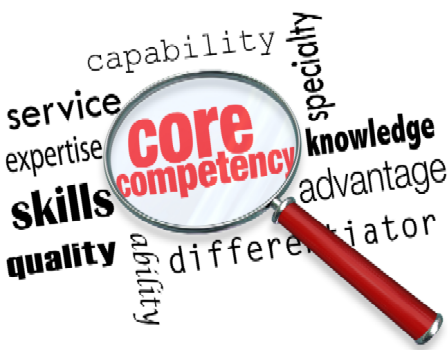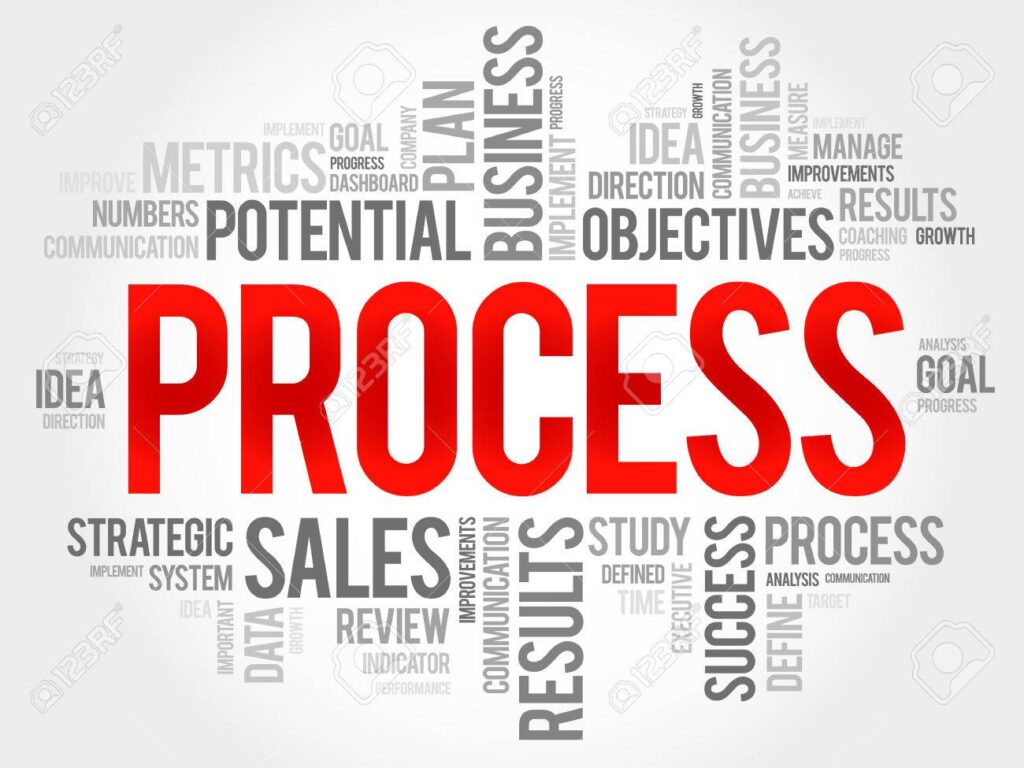This recent Wall Street Journal article is about people who made lemonade: they used the “opportunity” presented to them as a result of the pandemic economy to leave their jobs and start their own small businesses. They have transitioned from being employees to being freelancers.
The interviewees in the article discuss how much more money they are making now versus when they were employees, but they neglect to figure in some very important aspects about being self-employed and the income they earn therefrom. The most important are reporting all of the income that they receive and paying their taxes based on their income; paying into Social Security; and health care for the new business owner and their family. After all of these considerations, the newly self-employed may not really be making as much as they did when they were employees.

Report Your Income
The self-employed need to keep track of their income and expenses so that their income is above the table rather than under the table. It’s nice to get paid a lot of cash for a job but your Federal and State governments are likely owed a percentage of that cash haul. If the party who is paying you is keeping records on their side, it is even more important to keep records and report the income on your side. Otherwise you face penalties and even jail for evading taxes in the event you get audited at some point. Notice that your new job as a self-employed freelancer just got more difficult, as now involves some level of accounting and/or bookkeeping in addition to the skill central to your job. On top of that, filing your taxes also got more complicated. Now you have to file a Schedule C on your tax return and you also have to make estimated payments once every quarter. Perhaps you need to employ the services of a Certified Public Accountant for your tax filing and that would be well-worth the cost. The point is that comparing income you get from freelancing vs. wages you got at your old job is not an apples-to-apples comparison.
Social Security
When you were an employee, you paid into the Social Security trust fund and your employer subsidized your payment. Now, as a freelancer, you can still pay into Social Security but you are not required to do so. My recommendation is to continue to pay into Social Security at the very least until you have vested in your Social Security pension, which is after roughly 10 years of working and making payments in. It is very tempting to keep the 12.4% of your reported income in your pocket instead of paying it to Social Security because it is a lot of money and because you won’t get it back for a long time if you are still a relatively young worker. However, if you are tempted not to pay your Social Security, you probably are also tempted not to save for retirement through an IRA or other retirement account. If so, ask yourself what you really are going to do once you retire to pay for basic necessities. Also, disability insurance is also part of Social Security. What will you do if you become disabled? Without paying into Social Security if you are self-employed, you are taking a lot of chances with your future wellbeing. Once you vest in Social Security it is a somewhat different issue and you can look at your personal Social Security statement (through ssa.gov) and calculate what you would receive by stopping payments vs. by continuing to pay in. However, you at least need to achieve the vesting. 12.4% of your income is a big bite but worth it if you want to have a decent life once you retire.
Health Care
Your health insurance becomes an issue once you quit your job to venture out on your own. You will have to figure out what to do. Here are your most likely options:
- Keep your old insurance and continue to pay for it yourself out-of-pocket for 18 months through COBRA.
- Go on your spouse’s plan.
- Purchase your own plan through your state’s insurance exchange.
- Perhaps you can purchase a group plan if you have any employees.
- Consider purchasing a plan through a professional organization that you belong to if such a thing is available.
Health insurance is a costly item that you need to pay for yourself without your employer’s help that you got when you were an employee. It is very important to consider health insurance before you make any decision to jump from being an employee to being self-employed.
IMO
I like the enthusiasm that the newly self-employed have, especially the sense of freedom that they now feel that they didn’t feel when they were still employees. However, it is not a simple as thinking you can make a lot more doing your job as a self-employed person than doing it as an employee. There are a lot of other costs that one needs to consider before opting to go it alone. If you are also looking at self-employment, make sure you take all of these other costs into consideration.





